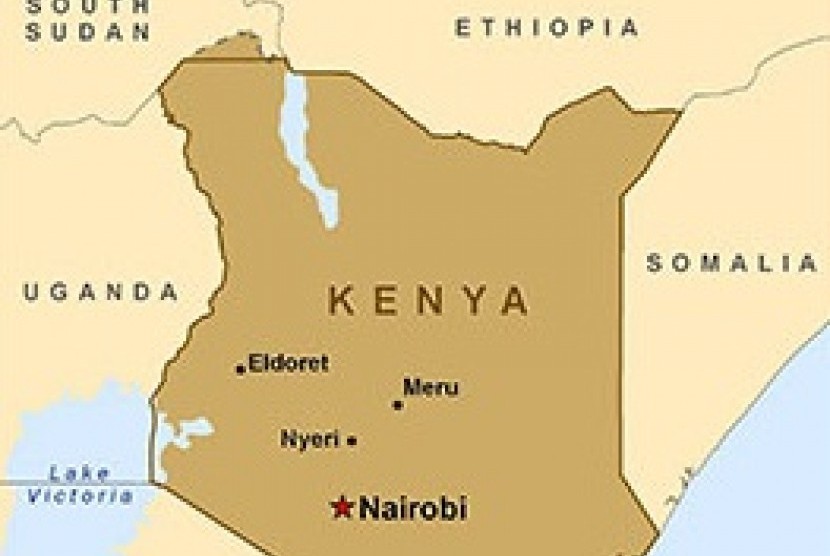REPUBLIKA.CO.ID, KISUMU -- Winston Okoth stretches his leg in pain while seated on his hospital bed in Homa Bay County in Western Kenya as he tries to sip his tea.
Okoth, a motor cycle taxi (boda boda) rider, has been at the hospital bed for the past one week after he got an accident and suffered a head and leg fracture.
However, since he went to the facility a week ago, he has not been taken for X-ray because the hospital's machine broke down.
"The nurses have been monitoring me, only giving me painkillers which is not enough to ease pain. I have just been told to wait until next week so that they can write a referral letter to seek proper medical attention elsewhere,"Okoth told Xinhua on Monday.
A nurse said that more often they are forced to transfer patients to private hospitals because the hospital lack essential medical equipment like X-ray, scanning and dialysis machines.
"Patients are suffering. There are no specialised doctors to attend to them. Most doctors have resigned because of lack of remuneration and frustrations from the county government," she said.
Okoth is among the many low-income Kenyans who cannot afford the cost of private hospitals and are forced to seek treatment in government hospitals which are faced with various challenges.
Doctors and nurses unions have continuously raised alarm over lack of drugs and medical equipment in government hospitals, but the governors have asked them to give them more time to reform the health sector which was handed to them in deplorable state.
Lack of proper medical equipment and drugs have forced patients to desert the public hospitals. Over 400,000 Kenyans die annually because of lack of proper medication and equipment in public hospitals, Ouma Oluga, the national secretary general of the Kenya Medical Practitioners and Dentists Union (KMPDU), said on Monday.
Oluga said that counties lack the capacity to run the referral hospitals, and about 2,000 doctors have resigned since health care was devolved. He cited poor pay, frustrations, and delay in salaries as the major reasons why doctors have quit government hospitals.
"Transferring health care to counties was the worst mistake the government ever did. Most counties have been unable to manage the health care system and this is witnessed by the number of times health workers go on strike; people dying of preventable diseases like Malaria and cholera," said Shakeel Shabbir, a lawmaker from Kisumu.
Shabbir vowed to mobilise fellow parliamentarians to table a motion that seeks to reverse health care back to the national government.
"It is very absurd that simple medical equipment like gloves, syringes, saline water cannot be found in public hospitals because of procurement challenges," he said.
While counties are required to purchase drugs directly from the Kenya Medical Supplies Authority, most counties prefer to purchase their own drugs from private medical institutions.Workers in different counties have also downed tools over poor pay and working conditions, compounding the problem bedeviling the sector.
Kisumu Governor Jack Ranguma, who chairs the Council Of Governors' Committee for Health, denied claims that counties are unable to manage health care.
Ranguma said that since the devolution of health care in 2013, a number of health facilities have been upgraded into various levels and equipped with specialized equipment such as dialysis machine, intensive care unit machine, radio therapy machines among others.
"Let us appreciate what we have achieved in the healthcare instead of criticizing us. Give us more time to fulfill our agenda," he said.


